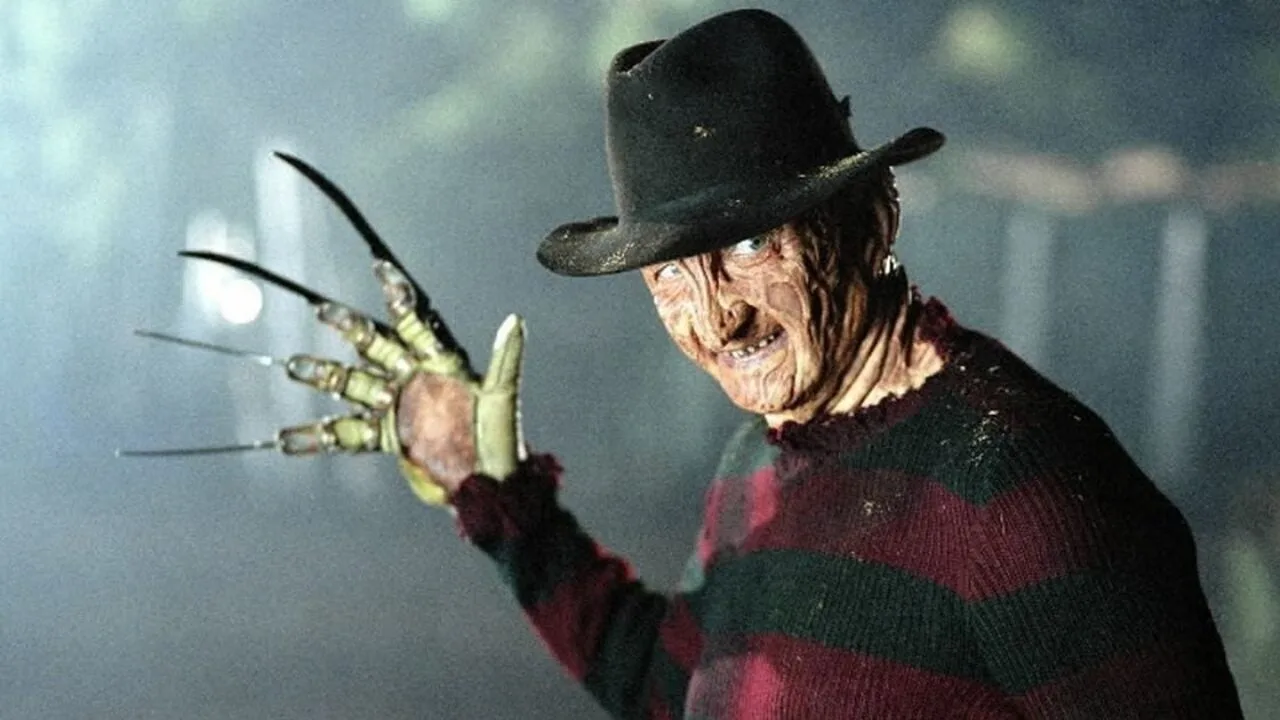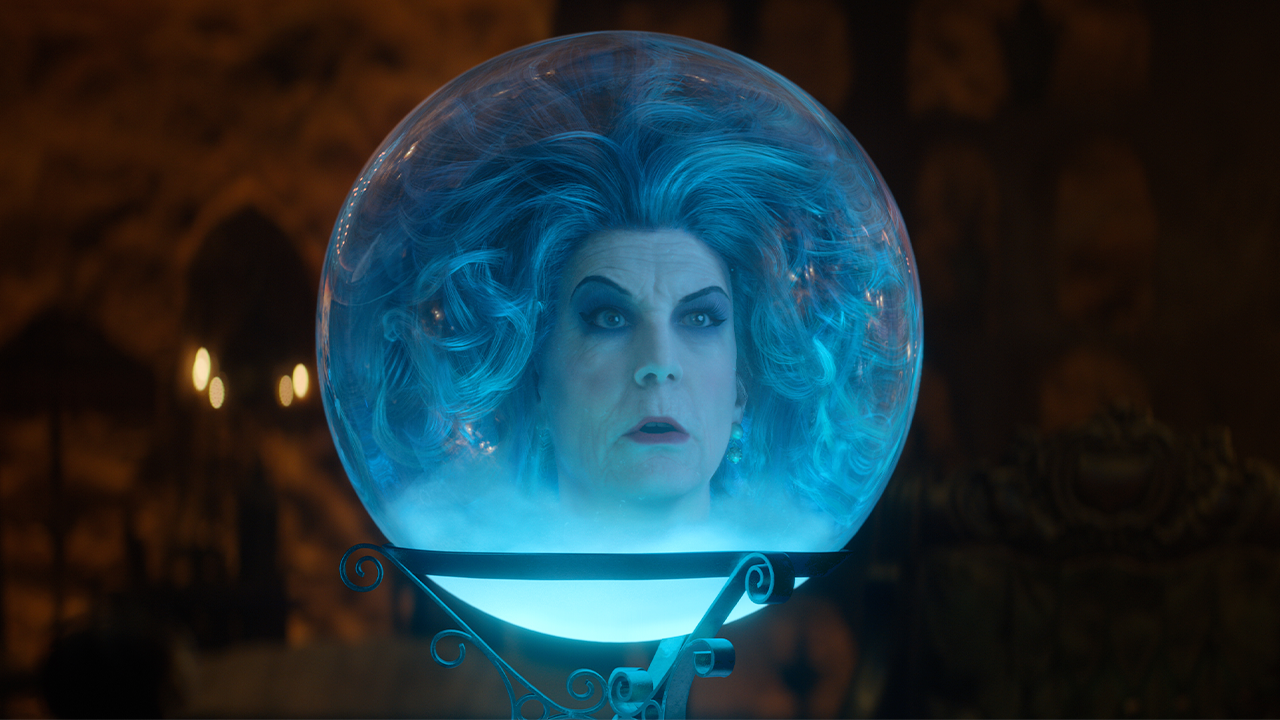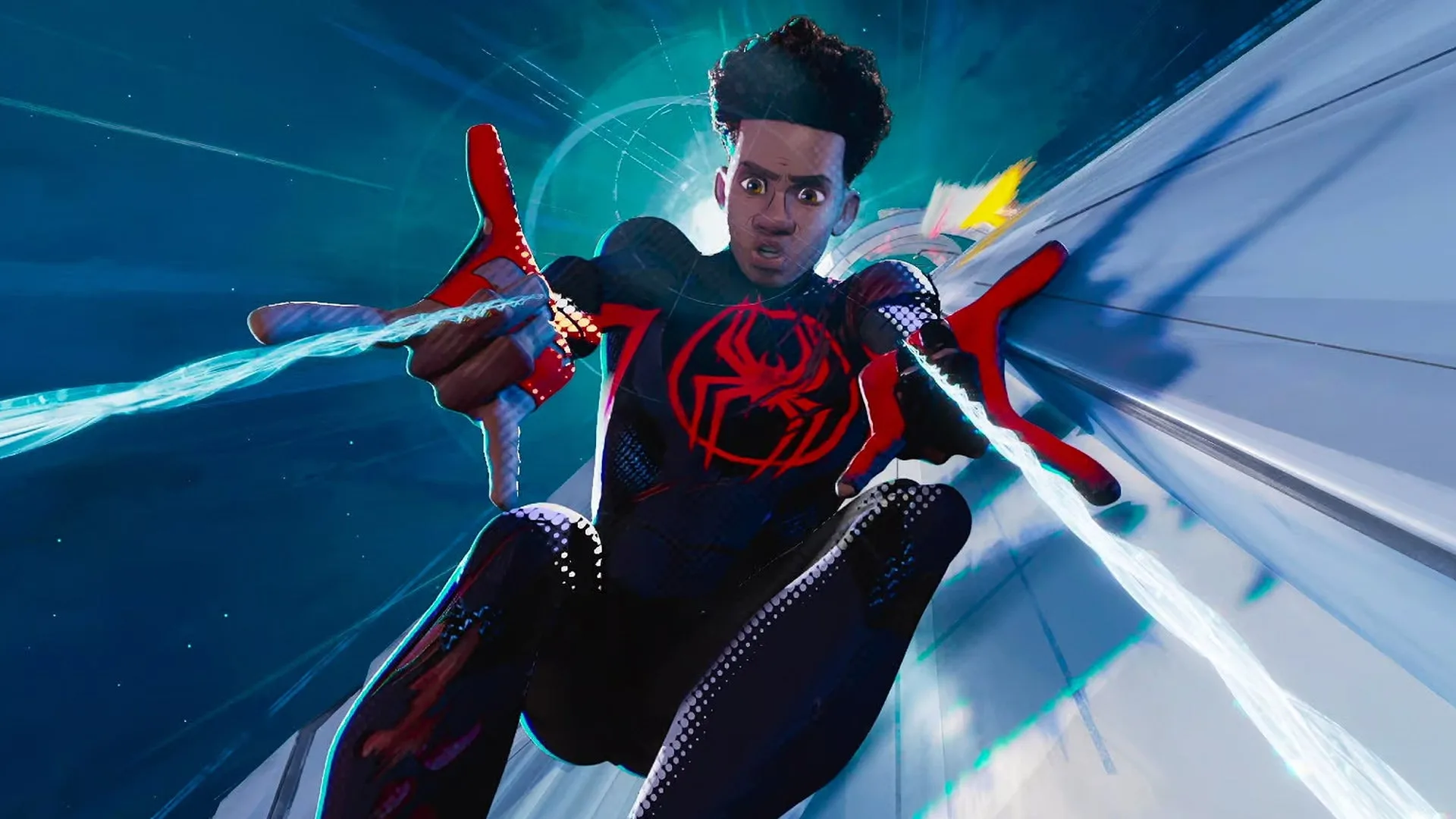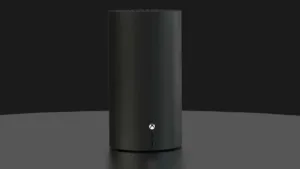TMNT: Mutant Mayhem Director on What He Learned From Watching the Spider-Verse Filmmakers in Action
We are so, so close to at last descending into the sewers for TMNT: Mutant Mayhem, which is out in theaters next week. We’ve already seen multiple incredible trailers showing off the four turtles, April O’Neil, Splinter, and multiple villains, and gotten a good look at the ways in which it pays tribute to the original comics. But even with the film itself imminent, we’re not done obsessing over every little detail of this pizza-filled reboot of our childhood obsession.
We spoke to director Jeff Rowe during our San Diego Comic-Con live show, where we chatted about visual style, casting, themes, and the potential for more Turtles in the future. Here’s an edited transcript of our conversation:
Mitchells vs. the Machine was your first big feature debut. What did you learn from that that you were able to take into Mutant Mayhem?
Jeff Rowe: I mean, getting to watch Chris [Miller] and Phil [Lord] (who produced the Mitchells vs. the Machines and the Spider-Verse series) make an animated movie was so, so informative. It was like getting paid to go to graduate school. I really got to understand how far you can bend the pipeline and continue to change and iterate and always be improving the story.
While we were making Mitchells, they were making Spider-Verse upstairs and we got to go see the technology that they were developing. And then we got to borrow some of that on Mitchells. And I think Mike [Rianda], the director, we’re kind of timid. We’re like, “It would be nice if we could have lines around the character, but you’re saying that’s difficult, so maybe not.” And on this movie, I just came in like, “No, we will not compromise. Everything we want in the artwork, we’re going to make sure we get in the final film.”
You mentioned Chris and Phil, and I feel like this movie, this visual style, has been compared to Spider-Verse, but I feel like they deserve some credit for this era of animation that we’re in, where it’s allowed to also be a little bit darker and more emotional. So do you see that in Mutant Mayhem?
Rowe: One hundred percent. I mean, when I was a kid, Jurassic Park was one of my favorite movies and it scared the shit out of me. That opening, I was crying in the theater. Creepy Crawlers… There were just so many things of that era that were dark or spooky or mature. And I think it was a time in children’s TV and film where it’s like they took kids a little bit more seriously. And I think that this film, we definitely didn’t want to age it down. It’s a teen movie about teens, so we needed it to feel as emotional and dark or mature as a real teenage movie might.
And speaking of teenagers, this is the first time that the Teenage Mutant Ninja Turtles are played by actual teengers. Why was that important to you?
Rowe: Authenticity. I mean, I think that was the thing that was Seth’s first flag that he planted in the ground where he’s like, “We have to have real teenagers do this.” Because I think in his films – Superbad, Blockers, even Freaks and Geeks, which was his first real acting job – their success is based on it being cast with real kids who don’t look like a bunch of Hollywood stars, but feel authentic. And I think it’s why those properties are so beloved. So we were like, “Oh, we have to do that. We have to make the characters feel like authentic teenagers.”
How did you actually find these kids, the voice actors?
Rowe: It was a huge casting call. We had hundreds of auditions. And then I listened, I watched every tape, and then narrowed it down to ones that felt good. And then we took the character designs. I edited just the voice into it. And then just looked at the different character designs and was like, “what voice sounds best coming out of each character design?” And we kind of narrowed it down to the Final 10. There was a chemistry read, and then those four kids together, Shaman, Micah, Brady, and Nick were just perfect. It was so kinetic and alive. And we’re like, “These are the turtles.”
Something that I find really interesting in all the trailers and clips that I’ve seen is, it seems like there’s a lot of this theme of unity, of the mutants coming together with the humans. Were you kind of touching on anything larger with that?
Rowe: I mean, I think acceptance was the word that we kept using. It’s a story about seeking acceptance, which feels like such an authentically teenage desire. You become a teenager, you have all of these emotions, your body changes overnight, everything’s confusing. You feel alone. Your brain is thinking faster. And everything you think in your head, you feel like, this is aware to everyone. Everyone around me is aware of it. And you just want to fit in. You just want to be accepted. And it made a lot of sense to take these turtles, who are legitimately shunned by society and outcast, and take that essential teen feeling and turn it into a kind of bigger metaphor. And then I think just overall, everyone in the film is seeking acceptance and external validation in some way. And they all get it, to various degrees.
Well, kind of segueing from that, I would be remiss if I didn’t ask you at all about April O’Neil, because she was my favorite growing up. And you have Ayo for her who is having such a moment right now. What does she bring to April?
Rowe: I mean, she is so funny and smart and is a very skilled writer and would just be able to… Whatever was in the script, make it 10 times better. And understand, ‘oh, and if I improv this way in this direction, it also helps move the story forward.’ She’s just so talented and funny. And I love this version of April.
I do want to ask you more about the animation because I do feel like that’s one of the big conversations around this movie. And like we were saying, it’s kind of this more modern style and you’re taking these classic characters and putting them into it. So what was the most challenging part of that?
Rowe: I mean, technically doing it is difficult. But I do think that when you do an IP like this or a franchise, there’s the weight of its history on your shoulders. This means a lot to a lot of people and you want to do right by that. Because fans love it and a lot of people care a lot about it. But also you have to make something new and something exciting and something that’s going to welcome in new fans. And then finding a way to balance the needs of the story against the expectations of the franchise is a balancing act. But I think we did it. Hopefully people, when they watch it, will feel… I think Turtles fans will feel seen by the film and excited to have this be the newest version.
And speaking of that balancing act, I mean, were you worried of balancing serving the fans who have been watching since the eighties and kind of weaving in newcomers?
Rowe: A little bit, yeah. But at some point, we had to give ourselves permission to, you know what? We’re going to change things. And we will switch things around but it’s all going to be in service of just telling a really good story and really doing right by these characters.
And I’m not going to ask you if you have any sequels in the works or anything, because I know what the answer is to that: I don’t know; nothing is happening in Hollywood right now. But would you want to stay in this world and do you have ideas?
Rowe: Oh, absolutely. It’s such a fun world and it’s such a good cast. I love these kids and their rapport with each other and I just want to hang out with these turtles for hours and hours and hours and I think audiences will too.
We also chatted with Rowe about Jackie Chan’s role as Splinter, which you can read about here. You can catch up on all the other news coming out of Comic-Con in our roundup of everything announced.










Post Comment